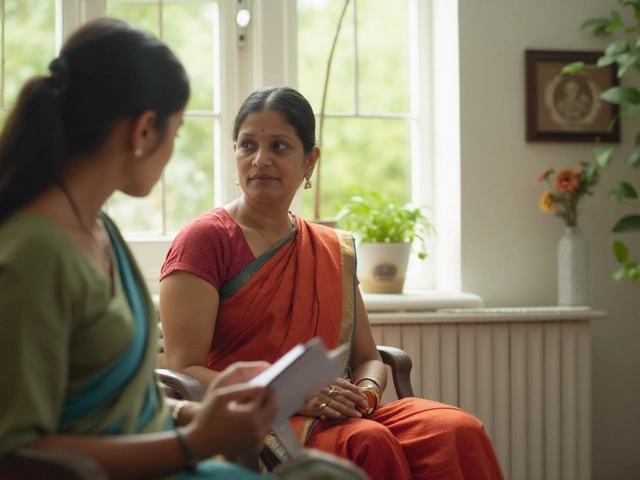IVF Babies: What Every Future Parent Should Know
Thinking about IVF? You probably have a lot of questions about the babies that come from it. Will they look like you? Are they healthier or riskier? Let’s break down the biggest concerns with plain language and real‑world facts.
Do IVF Babies Carry Mom’s DNA?
Yes. In a standard IVF cycle the egg that gets fertilized is yours, so the child inherits half of your DNA just like any natural pregnancy. The sperm provides the other half. What changes is the lab step, not the genetic material.
If you use an egg donor, the donor’s DNA becomes part of the baby's makeup. The same goes for sperm donors. That’s why clinics always ask you to sign consent forms – you need to know whose genes are involved.
Health Outlook for IVF Babies
Most IVF babies are born healthy. Large studies from India and abroad show that the overall risk of birth defects is only slightly higher than in natural conception, and that increase is mostly linked to underlying infertility factors, not the IVF process itself.
Pre‑implantation genetic testing (PGT) can even lower the risk by checking embryos for common chromosomal issues before transfer. If you’re worried about specific conditions, ask your doctor whether PGT is right for you.
Another common worry is low birth weight. IVF twins or higher‑order multiples can be smaller, but many clinics now limit transfers to one or two embryos to avoid that problem.
Long‑term studies show that by the time kids reach school age, their growth, intelligence, and overall health line up with peers who were conceived naturally.
So the short answer: IVF doesn’t magically give your child a health advantage or disadvantage. It’s the same biology, just with a lab step in the middle.
Beyond health, there are practical tips you can follow to give your IVF baby the best start:
- Attend all prenatal appointments – the doctor can catch any issues early.
- Follow a balanced diet rich in protein, calcium, and iron.
- Stay active with light exercise unless your doctor says otherwise.
- Get your vaccinations up to date before pregnancy.
- Think about postpartum support – IVF journeys can be emotionally intense.
Remember, every family’s story is unique. If you’re unsure about any step, ask your fertility specialist for clear answers. The more you understand, the more confident you’ll feel.
Bottom line: IVF babies inherit your DNA, grow up with the same health potential as any other child, and can thrive with the right care. Armed with these facts, you can move forward with less fear and more excitement about the little life on the way.





